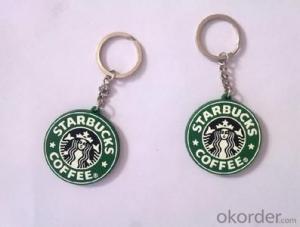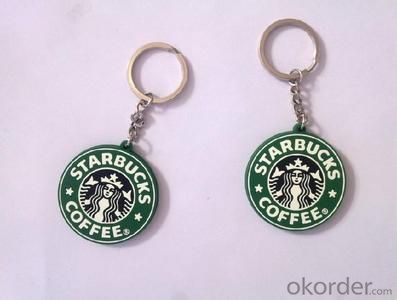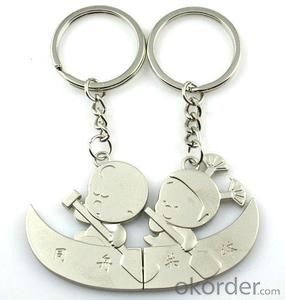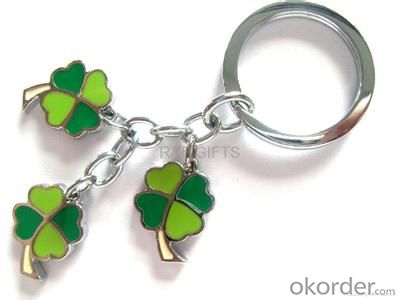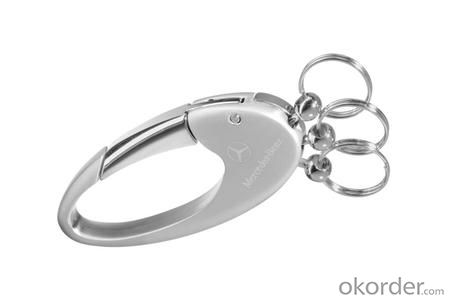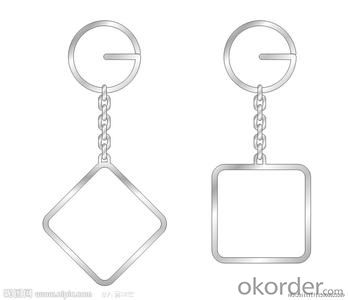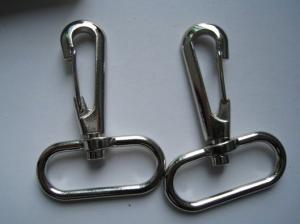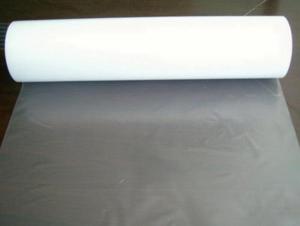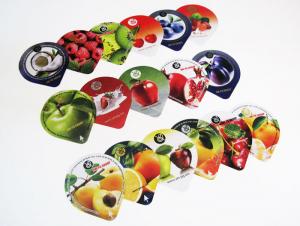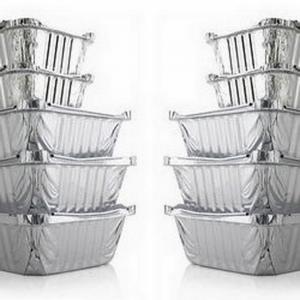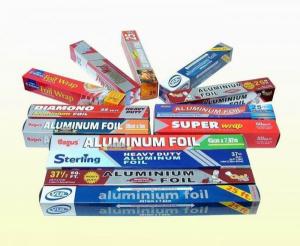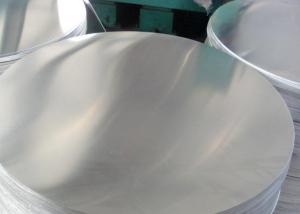Aluminum Key Chain Swivel Bolt Snap Hook
- Loading Port:
- China Main Port
- Payment Terms:
- TT OR LC
- Min Order Qty:
- -
- Supply Capability:
- -
OKorder Service Pledge
Quality Product, Order Online Tracking, Timely Delivery
OKorder Financial Service
Credit Rating, Credit Services, Credit Purchasing
You Might Also Like
Packaging & Delivery
| Packaging Detail: | one piece per polybag or any special packaging with design is available to us |
| Delivery Detail: | Usually 45 workdays (depends on your requirement) |
Specifications
Key Chain Aluminum or zinc alloy Swivel Bolt Snap Hook
1.easy thumb-lever to open
2.Eco-friendly materials
3.full swivel eye
Product Description
Basic Information
| Material | Zinc Alloy | ||||
| Color | Any Metal Color You Want to Plate | ||||
| Eye Shape | D-Shaped, Rectangular, Round and Customized Shapes | ||||
| Size | Any Size You Require and Customized Sizes | ||||
Time
| Sample Time | 3-7 Days |
| Delivery Time | Within 20 Days (Subject to Order Quantity and Design) |
Payment
| Payment Term | T/T (50% as deposit,50% balance before shipment) |
| Price Term | EXW, FOB, DDU,DDP,CIF,CFR |
| Price Valid Period | 60 Days |
Packing: 1pc/opp,50pcs/polybag; 1000pcs/ctn / gift box is also available
MOQ: 1000pcs for existing design & 500pcs for customization
- Q: Is it possible to use aluminum as a substance that accelerates chemical reactions?
- <p>Aluminum is not typically used as a catalyst in chemical reactions. Catalysts are substances that increase the rate of a chemical reaction without being consumed in the process. Aluminum, being a metal with a +3 oxidation state, does not readily participate in reactions where it could act as a catalyst. Instead, it is more commonly used in its elemental form for structural purposes or as a reducing agent in certain chemical processes. However, aluminum compounds, such as alumina (Al2O3), can be used as catalysts or catalyst supports in specific industrial applications.</p>
- Q: This question asks about the typical issues that arise due to the corrosion of aluminum.
- <p>Common problems with aluminum corrosion include loss of structural integrity, which can compromise the safety and performance of aluminum components. Corrosion can lead to a decrease in mechanical strength, increased brittleness, and a reduction in the electrical and thermal conductivity of aluminum. Additionally, aesthetic issues such as discoloration and pitting can occur, affecting the appearance of aluminum surfaces. Environmental factors and improper handling can accelerate corrosion, leading to costly repairs or replacements.</p>
- Q: This question asks about the various uses of aluminum alloys within the construction industry.
- <p>Aluminum alloys are widely used in construction due to their strength, light weight, and corrosion resistance. Some applications include: 1) Structural framing for buildings and bridges, leveraging their high strength-to-weight ratio. 2) Window and door frames, benefiting from their durability and low maintenance. 3) Roofing materials, as they are lightweight and resistant to weathering. 4) Facade cladding, for aesthetic appeal and resistance to environmental damage. 5) Electrical wiring and conduits, due to their excellent electrical conductivity and safety. 6) Scaffolding, as they are lightweight and easy to assemble. 7) Solar panel frames, taking advantage of their lightweight and recyclable properties. These applications highlight aluminum alloys' versatility and importance in modern construction.</p>
- Q: This question asks for a list of typical aluminum alloys that are widely used in various industries.
- <p>Common types of aluminum alloys include 1000 series, which are nearly pure aluminum; 2000 series, known for their strength due to copper content; 3000 series, which are alloyed with manganese for good formability; 5000 series, featuring magnesium for improved strength and corrosion resistance; 6000 series, which are popular for their strength and heat treatability; and 7000 series, recognized for their highest strength among aluminum alloys, often used in aerospace and automotive applications. Each series offers unique properties that make them suitable for specific applications.</p>
- Q: Explain the distinction between pure aluminum and aluminum alloys, focusing on their composition and properties.
- <p>Pure aluminum is composed of aluminum alone, with a high degree of purity, typically over 99%. It is soft, malleable, and has good thermal and electrical conductivity. Aluminum alloys, on the other hand, are made by combining aluminum with other elements such as copper, magnesium, or silicon to enhance their strength, durability, and resistance to corrosion. These alloys are harder than pure aluminum and can be tailored for specific applications, making them more versatile for industrial use.</p>
- Q: This question asks about the various applications of aluminum in the construction industry.
- <p>Aluminum is widely used in construction due to its lightweight, high strength, and corrosion resistance. It is commonly used in window frames, door frames, curtain walls, and roofing systems for its durability and energy efficiency. Aluminum is also utilized in structural components such as beams and columns, as well as in the manufacturing of prefabricated buildings. Additionally, it is used in the electrical wiring and conduits within buildings due to its excellent conductivity. Its versatility makes it a popular choice for both residential and commercial construction projects.</p>
- Q: This question asks about the methods used to determine the purity level of aluminum.
- <p>The purity of aluminum is typically measured using various analytical techniques. One common method is spectroscopy, which can identify and quantify the elements present in a sample. Techniques such as X-ray fluorescence (XRF) and Inductively Coupled Plasma Mass Spectrometry (ICP-MS) are used to analyze the composition of aluminum alloys and determine the concentration of impurities. Additionally, metallographic examination can reveal the presence of inclusions or other impurities that affect purity. The American Society for Testing and Materials (ASTM) and other standards organizations provide specific guidelines and methods for testing aluminum purity.</p>
- Q: Explain the distinctions between aluminum alloys and pure aluminum in a few sentences.
- <p>Aluminum alloys and pure aluminum differ in composition and properties. Pure aluminum is soft and has low strength, making it less suitable for structural applications. In contrast, aluminum alloys are made by combining aluminum with other elements like copper, magnesium, or silicon to enhance strength, durability, and resistance to corrosion. These alloys maintain the lightweight nature of aluminum while offering improved mechanical properties, making them ideal for various industries, including aerospace, automotive, and construction.</p>
- Q: Are aluminum alloys suitable for use in the aerospace industry?
- <p>Yes, aluminum alloys are extensively used in aerospace applications due to their high strength-to-weight ratio, corrosion resistance, and good fatigue characteristics. They are particularly favored for constructing airframes, wings, and other structural components where weight savings are critical. The alloys are also used in manufacturing engine parts and heat exchangers due to their thermal conductivity and ability to withstand high temperatures. However, the specific alloy selection depends on the particular requirements of the application, such as temperature resistance, strength, and environmental conditions.</p>
- Q: Is it safe to utilize aluminum cookware in a microwave oven, considering potential hazards or damage?
- <p>Using aluminum pots and pans in a microwave oven is not recommended. Aluminum can cause sparks and potentially start a fire, as microwaves can reflect off metal surfaces and damage the microwave. Additionally, aluminum may not distribute heat evenly, leading to uneven cooking. It's safer to use microwave-safe cookware, such as glass or ceramic dishes, which are designed to withstand microwave heating without risk.</p>
Send your message to us
Aluminum Key Chain Swivel Bolt Snap Hook
- Loading Port:
- China Main Port
- Payment Terms:
- TT OR LC
- Min Order Qty:
- -
- Supply Capability:
- -
OKorder Service Pledge
Quality Product, Order Online Tracking, Timely Delivery
OKorder Financial Service
Credit Rating, Credit Services, Credit Purchasing
Similar products
Hot products
Hot Searches
Related keywords
